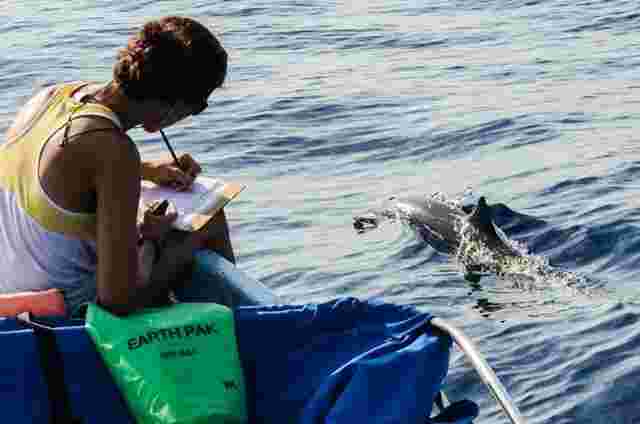Research And Protection For Whales of Guerrero And Conservation In Mexico With Mijenta Tequila
19 Apr 2021 by Jose Eledra in Cuisine, Decorating, Escape, General, Home, Latin America, Music, Pleasure, Power, Products, Spirits, USA

Mijenta, the award-winning, sustainable and artisanal tequila made in the highlands of Jalisco, is joining forces with Whales of Guerrero to help educate and facilitate community driven conservation in the region, laying the groundwork for practices that will bring Guerrero’s oceans back to a healthy balance. The contributions made by tequila brand will go towards the monitoring, research and protection of the whales as well as the education of the local community. Through this partnership, they are helping to cultivate long lasting practices for the well-being of the planet and to maintain healthy oceans.
The brand and its founders are committed to ensuring the company is a carbon neutral operation and that it extends its dedication to sustainability to other organizations that are looking to build a healthier environment. In 2020, Mijenta offset 25kg of CO2 emissions per bottle sold, reducing levels of deforestation. The Mijenta Foundation was created to support local members of the community, therefore, Whales of Guerrero is the perfect organization to partner with and continue spreading awareness and action surrounding sustainability. Whales of Guerrero organizes community driven conservation in the fishing village of Barra de Potosi and the southwest Pacific State of Guerrero, Mexico. Guerrero is a magical place where humpback whales go to reproduce each year and where the organization pioneers a new approach to coastal protection by supporting healthy oceans and marine stewardship through humpback whale research, education, training and conservation programs. The mission of the organization is to transform the relationship between people and nature by creating programs that inspire change and empower one another to commit to community change.
“Mijenta chose to partner with the Whales of Guerrero organization as sustainable, environmental and social issues are at the core of our brand,” says Elise Som, Mijenta’s Co-founder and Director of Sustainability. “We share a same commitment to preserve the environment and to educate key stakeholders on important topics such as marine and land conversation, sustainable tourism and reduction of the carbon footprint. With one whale worth thousands of trees, this is a cause near and dear to our heart.”
From farm to bottle, Mijenta is committed to sustainable practices, minimizing environmental impact, and maximizing the community’s energy efficiency. The brand is built on the desire to maintain nature and all the wonders it has to offer, seeking to reverse environmental impact including the design and production of the Mijenta bottle and its packaging. All paper-related components are made of agave waste and the liquid is produced with zero pesticides or herbicides. The organization actively supports local businesses and communities by purchasing packaging elements from Mexico. As an ongoing mission, Mijenta is helping to cultivate long lasting practices for brands and organizations beyond its own.
“We are delighted and deeply grateful for Mijenta Tequila’s support. Thanks to Mijenta, we can continue to connect people with nature to help whales, dolphins, and the entire ecosystem to thrive.” says Katherina Audley, Founder and Director, Whales of Guerrero.
Earth Day on April 22nd and World Oceans Day on June 8th are reminders that community conservation and education is essential to take steps in healing the planet and all of its living animals for both the near and far future. In light of the recent Netflix documentary “Seaspiracy,” we hope everyone learns about the importance of these organizations that are dedicating their mission to helping the oceans and marine animals.
For more information and updates please visit www.mijenta-tequila.com and whalesinmexico.com or follow Mijenta Tequila on Instagram at www.instagram.com/mijentatequila.














